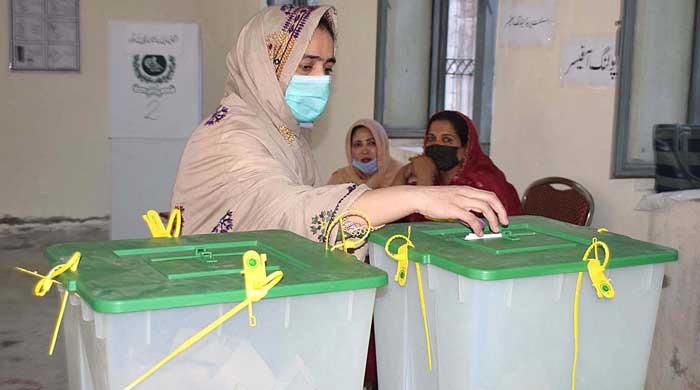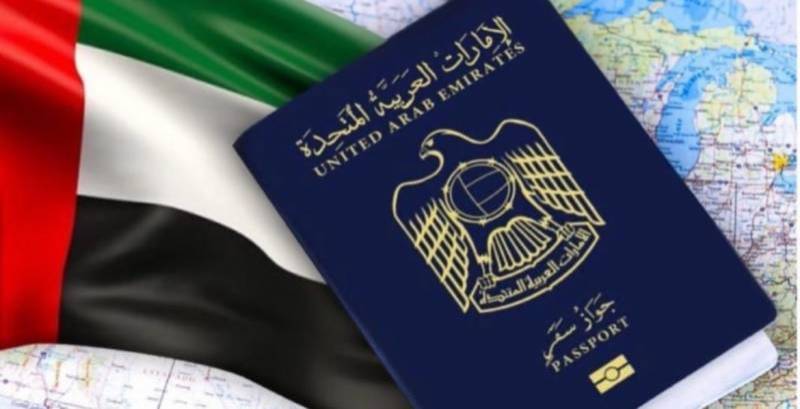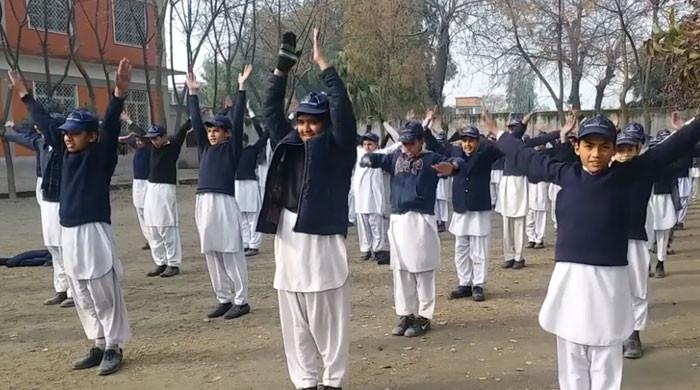President Dr Arif Alvi has called for making collaborative efforts with Masajid to impart education to 28 million out-of-school children by utilizing them for literacy and educational purposes. He said that Masajid and Madaris could play an important role in promoting ethical values, besides creating awareness about important social and health issues at the grassroots level.
The President expressed these views while chairing a follow-up meeting on Masajid and Madaris, at Aiwan-e-Sadr, today. The meeting was attended by the Federal Minister for Religious Affairs and Inter-Faith Harmony, Mr Aneeq Ahmad, Chairman of the Council of Islamic Ideology, Professor Dr Qibla Ayaz, provincial ministers and representatives of the Auqaf and Religious Affairs departments as well as the Ministry of Federal Education and Professional Training.
Speaking on the occasion, the President said that imparting education to almost 28 million out-of-school children in Pakistan was a huge challenge, which would require thousands of new schools and additional resources. He emphasized the need for innovative and non-traditional solutions and collective efforts by society to provide education to out-of-school children.
The Ministry of Federal Education and Professional Training informed the meeting that it had launched an Accelerated Learning Program to educate out-of-school children.
The President said that Masajid and Madaris could play an instrumental role in reforming society and overcoming social evils by promoting ethical values, brotherhood, tolerance, peace, inter-faith harmony and respect for each other’s rights through the Friday sermons.
He also underscored the need for raising awareness, through mosques, about mental and general health issues, population welfare, inter-faith harmony, women’s rights, and malnutrition at the community level.
The President further called for adopting an integrated approach by the ministries of health, education, and religious affairs at the federal and provincial levels by involving the Masajid and Madaris to educate the people about social and health issues.






